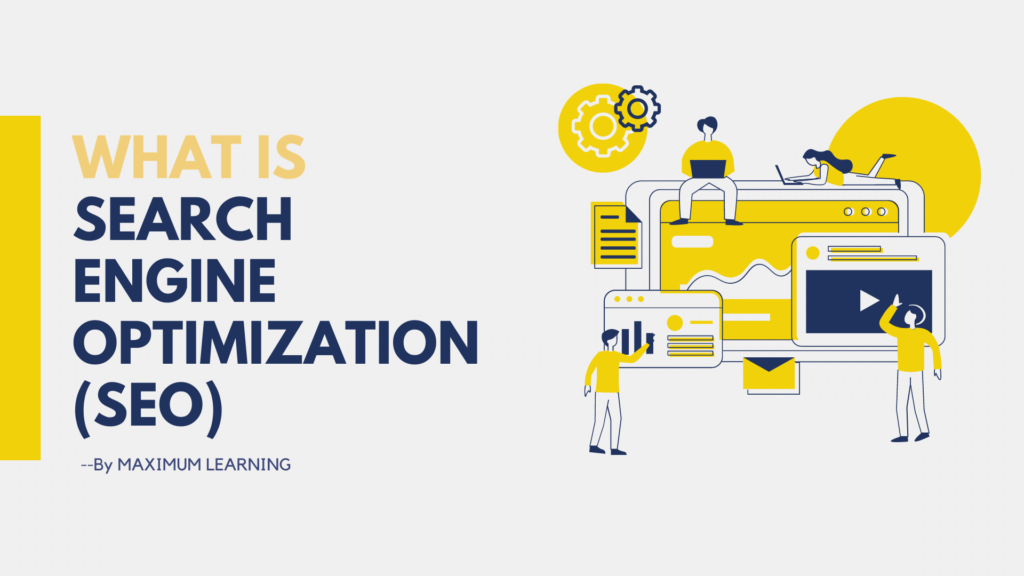n recent months, TENS OF THOUSANDS of workers have been let go from Amazon, Meta, Salesforce, and other once-hungry IT businesses. But one group of workers in particular has been let down: US citizens on H-1B visas, which are intended for workers with specialised talents.
Large IT businesses make extensive use of the scarce supply of those highly sought-after visas, which are granted to immigrants who are sponsored by an employer to immigrate to the US. However, if a worker is let go, they have 60 days to find sponsorship from another employer or leave the country.
This is a particularly challenging scenario given that the bigger corporations who sponsor the majority of tech-related visas are also ones that are cutting staff and hiring. According to US Citizenship and Immigration Services data, Amazon and Meta, who combined have announced at least 29,000 layoffs recently, have each requested to sponsor more than 1,000 new H-1B visas for the fiscal year 2022.
A consistent inflow of smart individuals from outside has historically been essential to US superiority in science and technology. However, since the last significant immigration measure in 1986, neither the H-1B system nor US immigration as a whole have changed significantly. Today’s economic unpredictability, reminiscent of the epidemic era, is altering tech titans and drawing attention to the system’s shortcomings. It demonstrates that businesses, employees, and possibly the US as a whole lose out.
According to Linda Moore, president and CEO of TechNet, an industry lobbying group that includes almost all of the major tech companies, “these visa holders have built lives here for years because our system has been so backlogged. They have a home, children, and personal and professional networks that extend for years.” They have only been trapped in a system that offers them neither clarity nor confidence.
Tech businesses, who are often bitter rivals, have exhibited an exceptionally tight unity on the H-1B immigration issue during the previous ten years. They have advocated for improvements to the application process that would make it simpler for highly qualified people to remain in the US permanently. They apply for a large number of visas, want the 85,000 yearly supply to be raised. A person with an H-1B visa can typically only stay for six years unless their company sponsors them to obtain a green card, which makes them a permanent resident of the US.
Alphabet CEO Sundar Pichai, who is rarely outspoken on political matters but has been loud about his personal support for immigration reform, chose that course of action. He has said that the high-skill immigration system was essential to both his success personally and the success of his business.
Despite the restrictions of the system, IT professionals outside of the US also seem to adore H-1Bs. The visas give aspiring programmers a means to move closer to the hub of the global software industry or to use their abilities to make a new life in the US.
According to data from US Citizenship and Immigration Services, about 70% of visas were issued for “computer-related” employment in the fiscal year 2021. Many of these workers eventually convert their visas into permanent US residency. However, it can take decades for immigrants from bigger nations like India to acquire a green card due of constraints on the amount of employment-based residency applications granted each year, which keeps many people working on an H-1B linked to one employer for years. They are susceptible to shocks that could disrupt their lives during that time, just like several immigrants who were recently laid off from the computer industry.
Faraz Khan, legislative director for the International Federation of Professional and Technical Engineers labour organisation, said it “reveals the position these H-1B employees are put in.” “Any worker who is in any terrible circumstance will not benefit from the laws and regulations under which they operate.”
Not just immigrant employees are suffering at the moment. Tech corporations have spent decades and millions of dollars sponsoring tens of thousands of workers and campaigning for more lenient laws and more visas being made accessible. However, the process is still the same, and layoffs imply that some competent people that businesses may have hoped to hire from rival organisations in the present or the future may now leave the nation.
According to Karan Bhatia, Google’s vice president of public affairs and public policy, “the difficulty is keeping on to that talent and being able to actually enable the country as a whole to benefit from the creations that they were going to bring forward.” According to Beth Galetti, Amazon’s senior human resources executive, many Amazon employees with “longstanding” green card applications are still waiting.
The latest layoffs hurt existing H-1B employees as well as those who were able to get fresh visas but avoided the reduction. According to Moore, it is against the law for employers to sponsor a new green card for a foreign worker if they have recently let go of a US citizen in a comparable position. This implies that an immigrant worker who was laid off but was fortunate enough to obtain a new H-1B sponsorship may be prevented from submitting an application for a green card if their new employer has recently had layoffs of its own.
The US is already losing talent to competitors abroad, according to tech industry groups and some lawmakers, because the system has not been changed. According to Moore, because of the significant steps we’ve taken to restrict our already complicated and restricted immigration process, other nations saw this as an opportunity to enhance high-skilled immigration to their countries. Over the previous few years, the US has fallen in the International Institute for Management Development’s global competitiveness rankings. It held the top spot in the index in 2015, but by 2021 it had slipped to number 10, where it stayed in 2022.
The H-1B system’s reform attempts have fallen short in part because not everyone agrees that boosting skilled immigration is a good idea.
Khan of the International Federation of Professional and Technical Engineers argues that rather than increasing the number of H-1B visas, the US should invest more in skill development for American workers. US businesses should also be forced to compete for domestic worker pools rather than bringing in foreign workers who can lessen the pressure to raise wages, according to Khan.
One of the industries that employs the most H-1Bs and pays much less than West Coast tech corporations are IT consulting firms. According to Khan, “employers and employer associations assert that there is a persistent high-skilled labour shortage. This is not truly supported by reliable evidence, but rather by narrative and anecdote.
Moore disagrees, citing China’s success in tripling or even quadrupling the number of graduates in such fields compared to the US and the fall in American competitiveness in science and engineering. As other nations profit from our flaws and our inaction on issues like putting our immigration system in order, she predicts that we will continue to fall behind.
But there is one point on which both sides can agree: The existing system fails workers like those who were recently laid off from the computer industry and had to either quickly find a new US sponsor or start over somewhere else.




